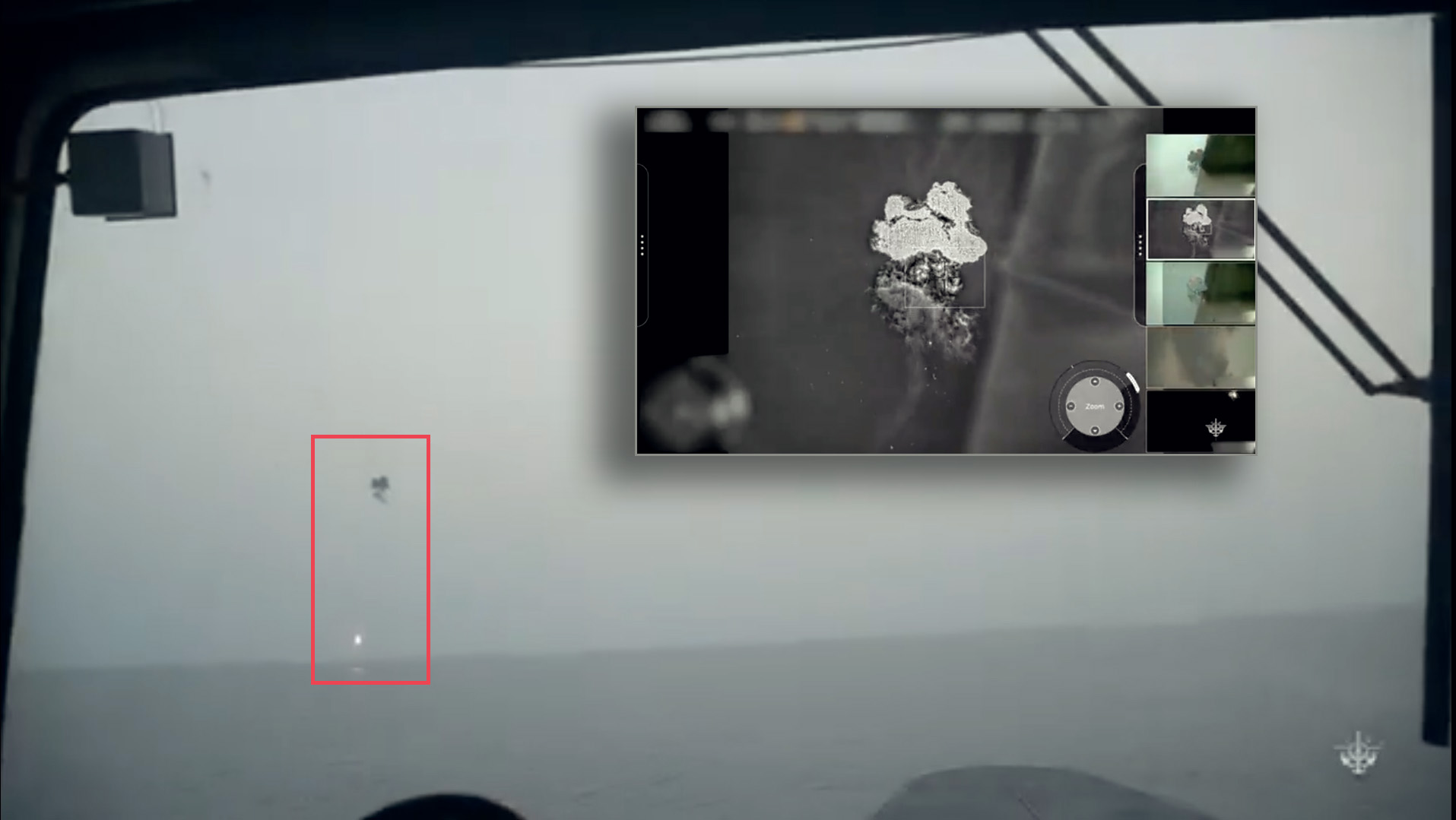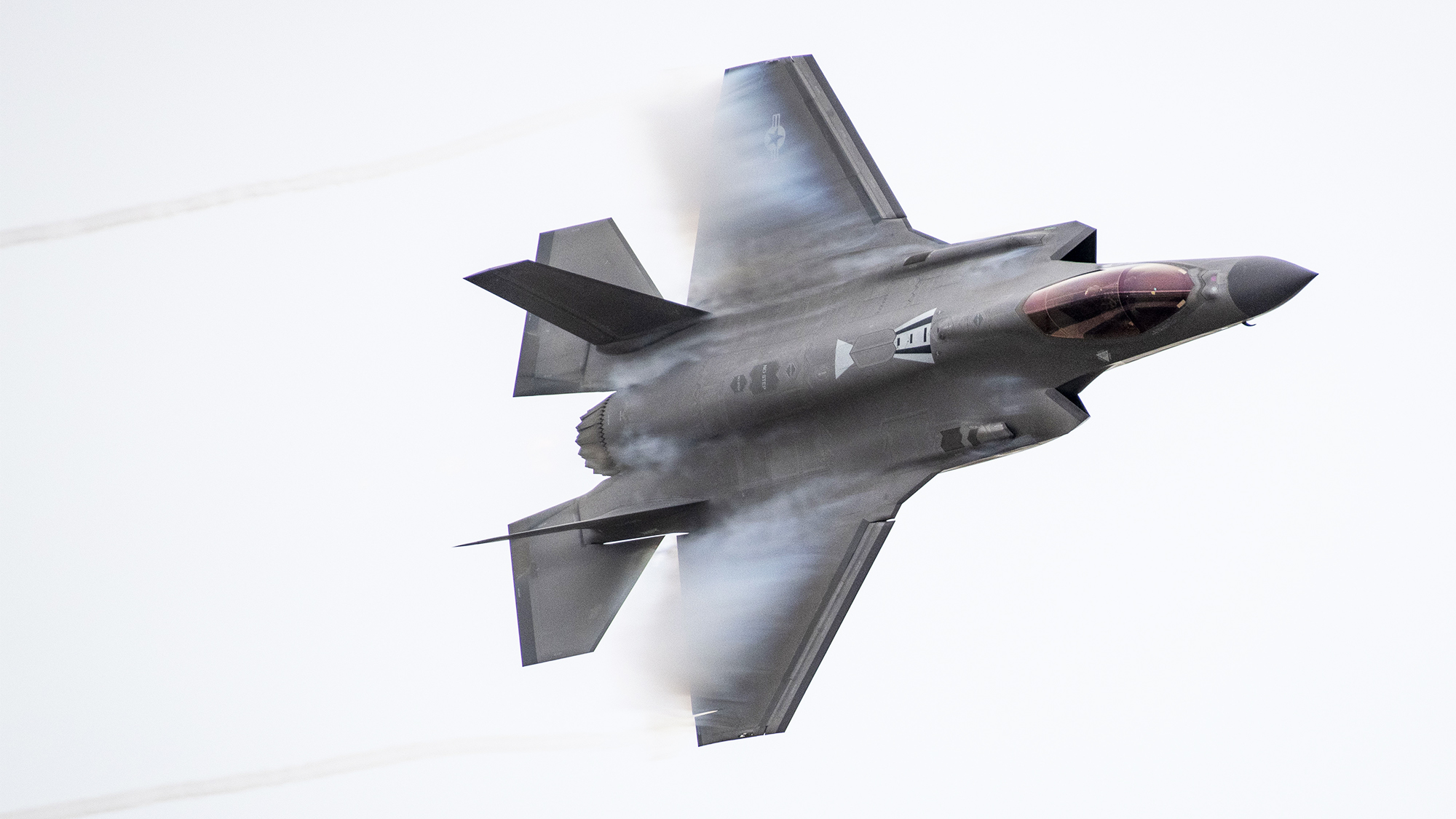Wild chimpanzees have been filmed eating fermented African breadfruit, which contains ethanol, for the first time, offering a possible evolutionary insight into how humanity first came into contact with alcohol.
The footage reveals that chimps aren't just interested in PG Tips – they're after the harder stuff too.
The primates (
Pan troglodytes verus) were caught by motion-activated cameras in the Cantanhez National Park in Guinea-Bissau, which is situated on Africa's western coast, between Guinea and The Gambia.
The apes were filmed sharing fermented fruit on no fewer than 10 occasions. Analysis of samples of the fruit revealed the highest ABV to be 0.61% – a fairly low amount, but above the 0.5% ABV threshold for a drink to be considered 'non-alcoholic' in the UK.
The researchers also noted that the chimps would consume a large volume of fruit in their diet, and therefore the cumulative effect of even a very low proportion of ethanol would be greater.
It is still not known whether or not they consumed enough alcohol to become what would be considered 'drunk', though it is unlikely that they consume that much, as being in such a state would hinder their chances of survival.
Anna Bowland, from the University of Exeter's Centre for Ecology and Conservation, was the lead author of the accompanying paper,
Wild chimpanzees share fermented fruits.
"For humans, we know that drinking alcohol leads to a release of dopamine and endorphins, and resulting feelings of happiness and relaxation," said Bowland. "We also know that sharing alcohol – including through traditions such as feasting – helps to form and strengthen social bonds. So – now we know that wild chimpanzees are eating and sharing ethanolic fruits – the question is: could they be getting similar benefits?”
Fellow author and researcher Dr Kimberley Hockings hypothesised that this behaviour seen in chimpanzees might well offer an insight into how alcohol first became a feature of human society: "We need to find out more about whether they deliberately seek out ethanolic fruits and how they metabolise it, but this behaviour could be the early evolutionary stages of ‘feasting’. If so, it suggests the human tradition of feasting may have its origins deep in our evolutionary history."
It is becoming increasingly clear that humans are not the only animals to consume alcohol for pleasure.
Another study from the University of Exeter claimed that it is actually a much more common phenomenon in the natural world than we may have realised, with creatures ranging in size from Vinegar flies up to elephants seemingly seeking out ethanol.



































































![[Podcast] Behind the Breakthroughs: How Almac Powers Clinical Trial Success with Care](https://imgproxy.divecdn.com/5lAJkli_KcGt1FSsw4EaegjgP76IHREqYEWbhNBJOXw/g:ce/rs:fit:770:435/Z3M6Ly9kaXZlc2l0ZS1zdG9yYWdlL2RpdmVpbWFnZS9CaW9QaGFybWFEaXZlXzEzNDZfeF83MjlfQXJ0d29yay5qcGc=.webp)































































































.jpg)







